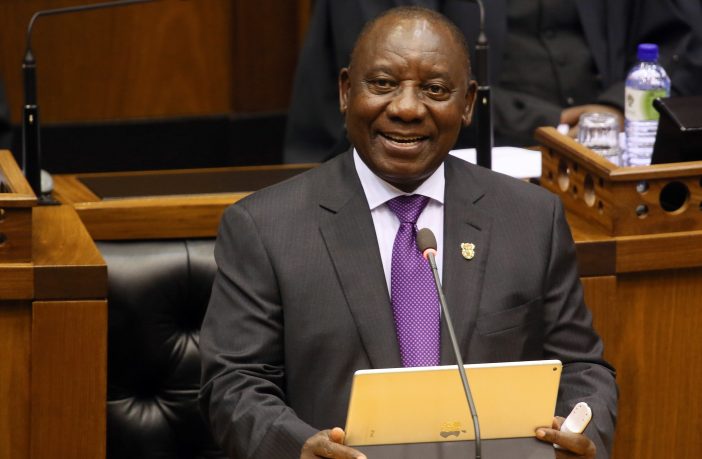- South African President, Cyril Ramaphosa, has emphasised that independent power producers (IPPs) would not collapse Eskom.
- The President highlighted that IPPs are investing their own debt and equity to construct the projects, including the cost of connecting these power projects to the grid.
- He pointed out that the power utility’s challenges are as a result of a number of factors including the State capture as well as poor maintenance of its power plants.
South African president, Mr Cyril Ramaphosa was responding to oral questions in the National Assembly last week when he said “The severe financial and operational challenges currently being experienced by Eskom are not caused by the independent power producers programme, and in particular the renewable energy projects.
“Eskom’s challenges have been driven by massive cost and time overruns on the new build programme, the effects of State capture and corruption, collapse in governance, unsustainable debt levels and poor maintenance of plants,” he added.
The President highlighted that IPPs are investing their own debt and equity to construct the projects, including the cost of connecting these power projects to the grid. He said the value of the 27 independent power producers agreements signed in April 2018, represented in terms of private sector investment, is R57 billion.
To date, the total value of private investment in South Africa’s renewable energy generation capacity is R202 billion. It is expected that a total of 372MW will be connected to the grid between now and March 2020 and that Eskom will buy electricity worth R170 million in the 2019/20 financial year.
“These IPP costs are fully covered by Nersa, the regulator, through the cost recovery mechanism in the multi-year price determination process,” Ramaphosa explained.
He continued: “In other words, the costs that Eskom incurs in buying electricity from the IPPs are recovered in the tariff set by the regulator. The costs of the most recent power purchase agreements will only be incurred when these plants are constructed and connected to the grid.”
“The costs will therefore certainly not collapse the power utility,” Ramaphosa concluded.
Author: Babalwa Bungane
This article was originally published on ESI Africa and is republished with permission with minor editorial changes.











